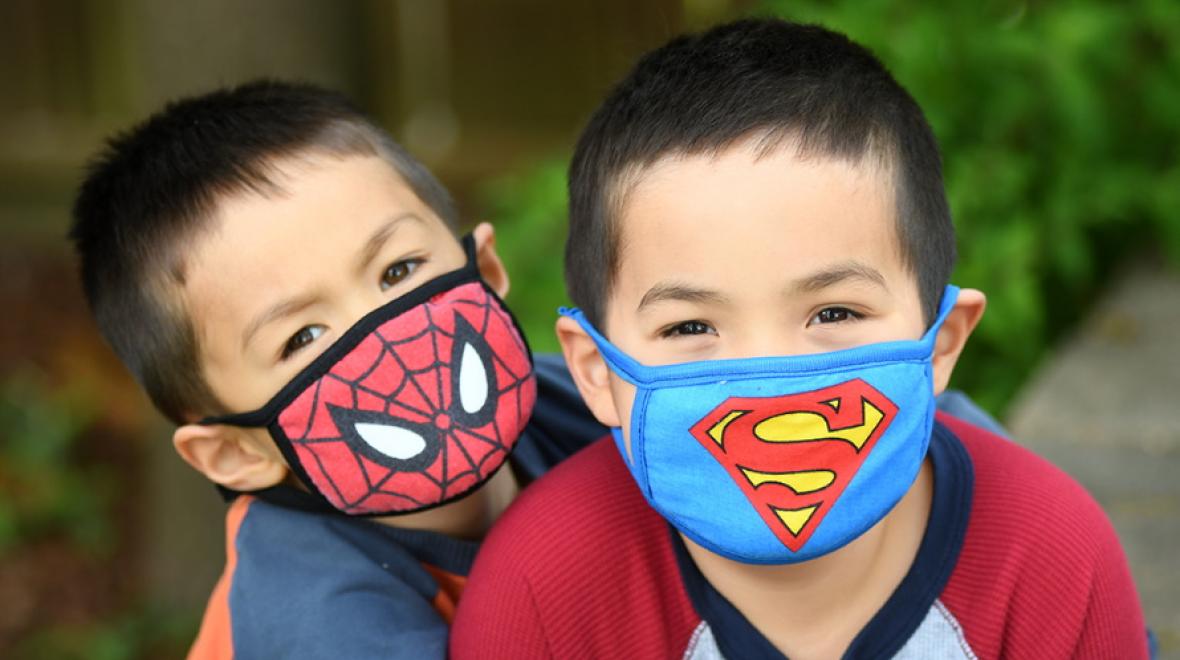Children of all ages are dealing with a pandemic that is closing in on its second year and, undoubtedly, the coronavirus has an adverse effect on children’s mental well-being as well. To help parents and children cope with the pandemic, the American Academy of Pediatrics has published guidelines for caring for children’s emotional needs. Experts report that 1 in 4 children experience some form of depression and 1 in 5 experience anxiety or stress. Pediatricians are also expected to be aware of these guidelines, as they are a source of information for parents and possibly the first people to call when something goes wrong.
February 1-7 marks Children’s Mental Health Week in the U.S. Let’s take a look at the current recommendations and guidelines for children experiencing mental health challenges.
What do the experts recommend?
Experts say it is important to understand that children of different ages experience the pandemic differently. The AAP also encourages pediatricians to stay on the lookout for signs of depression and stress in children and their families, and give proper attention to their emotional wellbeing. This can include changes in behavior or mood.
Experts also advise paying attention to socio-economic changes that families and children can experience. Lack of food and malnutrition harm the physical and mental health of children. Children should also develop healthy habits such as limiting screen exposure, getting enough sleep, eating nutritious foods, and exercising.
One last, but perhaps most important piece of advice comes from your attitude towards what humanity has been experiencing. Make sure that your children will understand when you as a parent feel overwhelmed by this situation.
A child watching his or her parent out of control is unlikely to be calm. When you are cool and flexible, you pass the message to your children that “it’s a difficulty that will one day pass, and we can get through this”.
Remember that your children are a reflection of your behavior and attitude toward life. Model the behavior you want them to emulate.





